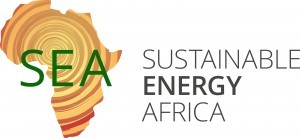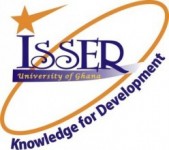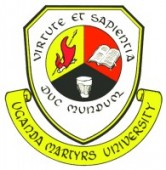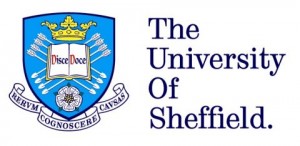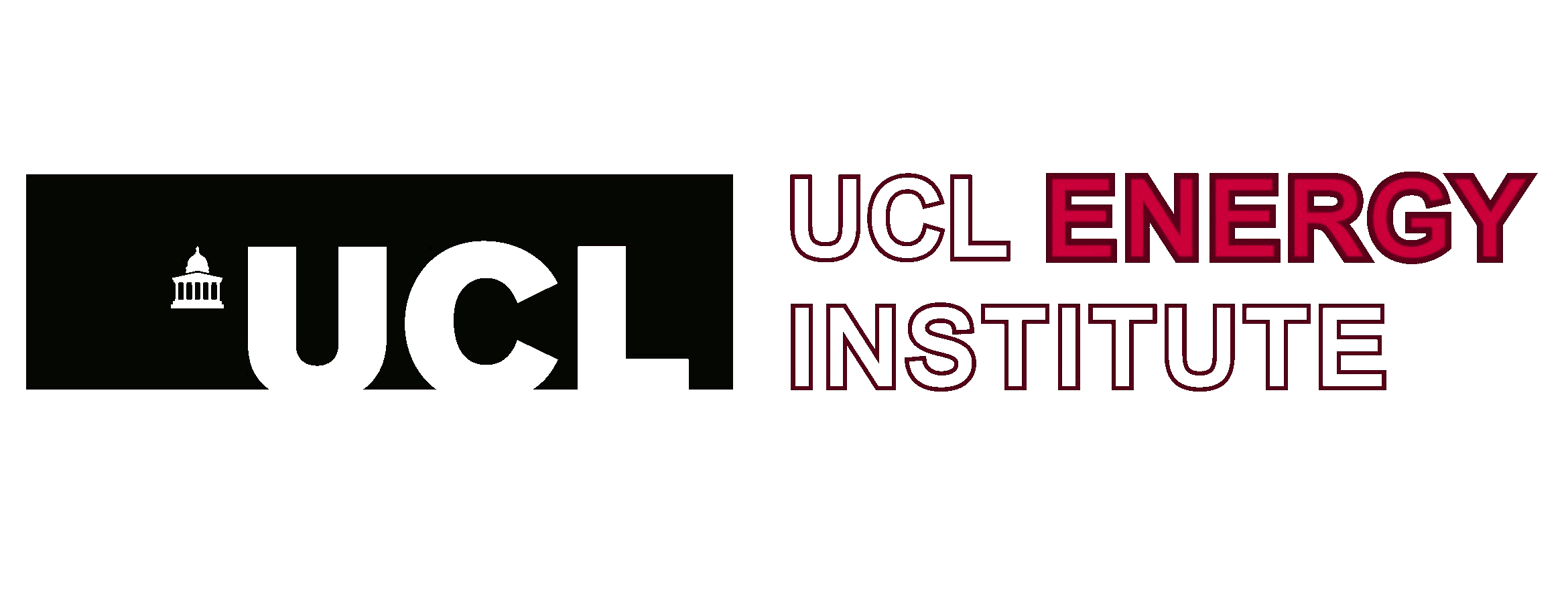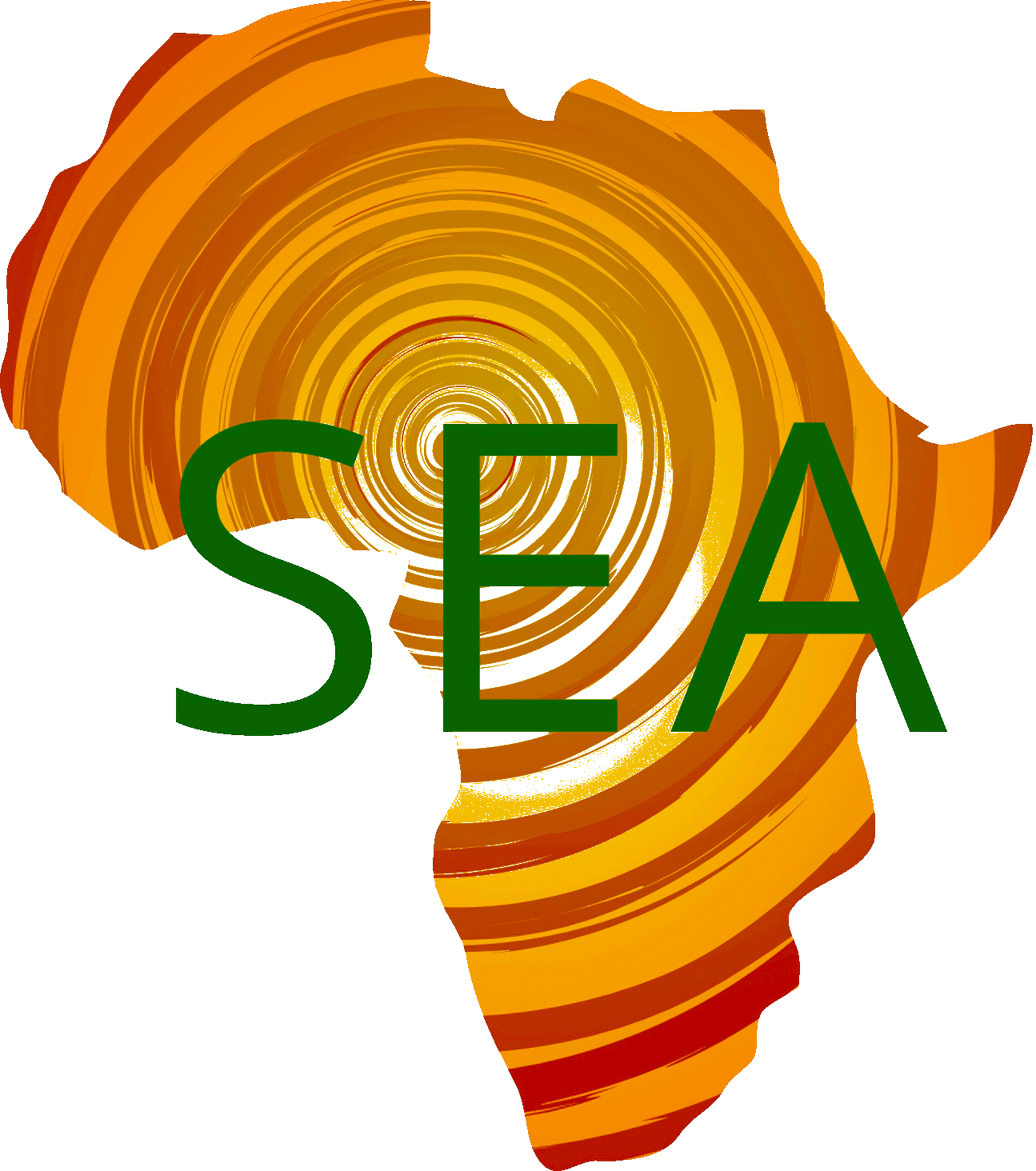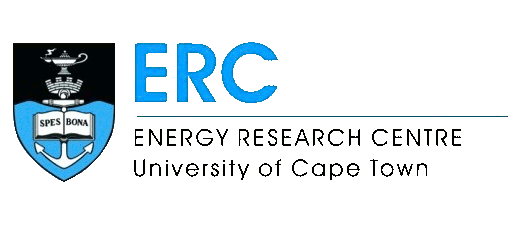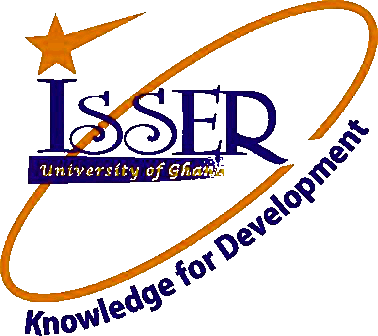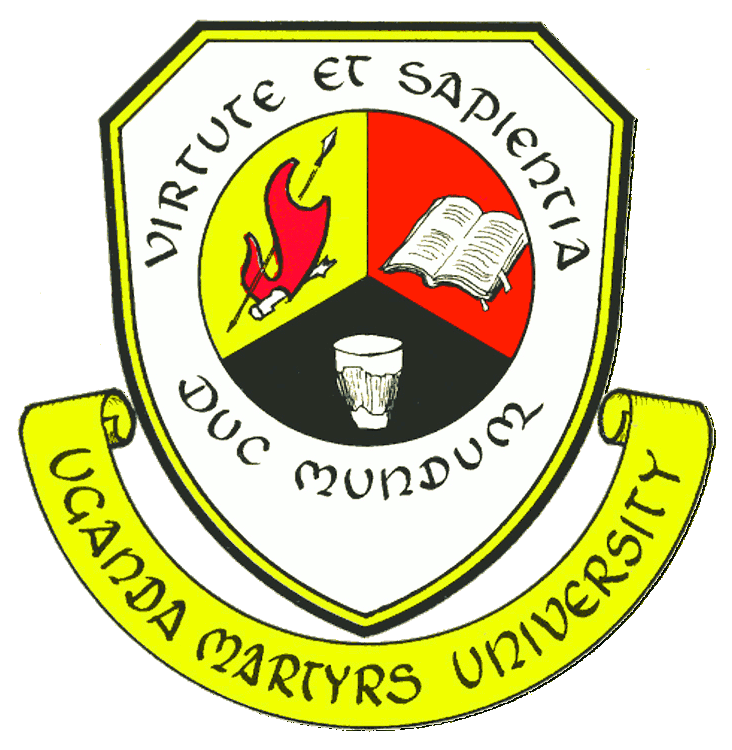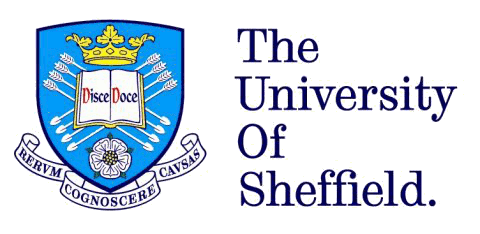The UCL Energy Institute aims to carry out world-leading research in the fields of buildings, energy systems, people and energy, policy and law, smart energy and transport. The Institute brings together different perspectives, understandings and procedures in energy research, transcending the boundaries between academic disciplines, enabling UCL to draw on the full gamut of academic research to address the energy challenge. Core activities for the Institute include teaching, research and enterprise, and the multidisciplinary team of researchers and students also co-ordinate teams from across the University, providing the necessary capacity and personnel for the management of ambitious projects.
The team at UCL working on the project are Xavier Lemaire and Daniel Kerr. Xavier Lemaire has a background in management and sociology with over 20 years’ experience in clean energy policies and regulation, energy access and the analysis of territorial development and infrastructure projects in the Global South. He has worked as a practitioner and a researcher on energy access programs researching business models and organisational/institutional framework for the scaling-up of the dissemination of small clean energy technologies in rural areas. Xavier is acting Principal Investigator and co-leader of the project. Daniel is a mechanical engineer, and has experience in regulation for promoting sustainable energy in developing countries, as well as rural and peri-urban electrification policy and regulation, and the gender/energy/poverty nexus.
Sustainable Energy Africa are an NGO working to promote the more efficient use of conventional energy, the transition to more sustainable energy usage, and a holistic view of sustainable living in general. With over 15 years’ experience in supporting African municipalities in sustainable energy transitions, and a programme of previous work which has included supporting government bodies, particularly local government and more recently provincial government to understand sustainable energy issues, they are perfectly placed to further develop the SAMSET project. Other areas of work include developing strategies, policies to facilitate a move towards sustainable development, and assisting in support in their implementation.
Areas of work include sustainable energy use, integrated urban planning and green development, sustainable transport, climate change mitigation and organisational sustainability consulting.
The team at SEA working on the project are Mark Borchers, Megan Euston-Brown, Adrian Stone and Hlengiwe Radebe. Mark is the Director of SEA, and has over 20 years’ experience of supporting Southern African cities with sustainable energy transitions. Mark is also the co-leader of the project. Megan is the manager of the City Energy Support Unit at SEA, and has a decade of experience of urban energy policy development. Adrian’s research focus lies in vehicle energy use modelling and analysis, and the modelling of macro-industrial systems, for example for vehicle fleet emissions. Hlengiwe joined SEA in 2015, and is involved in promoting energy efficiency and sustainable energy production and use towards building low carbon and resilient cities.
Energy Research Centre – University of Cape Town
The Energy Research Centre (ERC) is a multi-disciplinary energy research centre, housed in the Faculty of Engineering and the Built Environment at the University of Cape Town.
The Centre conducts high quality, targeted and relevant research as well as offering postgraduate opportunities at the Masters and PhD levels. The Centre aims to undertake independent and objective research of both national and global interest in order to deepen knowledge and understanding of energy and development needs, problems, challenges and innovative solutions. Through these activities, the Centre pursues excellence in technology, policy and sustainable development research, education and capacity building programmes at a local and international level.
The team working on SAMSET at the ERC are Louise Tait and Bryce McCall. Louise has experience in energy use modelling in low-income households, and is also currently investigating the social effects of South Africa’s renewable energy procurement program. Bryce McCall is a researcher in energy systems analysis and planning at UCT.
The ISSER was established in 1962 as the Institute of Statistics to provide a programme of teaching and research in statistics. In 1969, it was reorganized and renamed the Institute of Statistical, Social and Economic Research. The ISSER is a semi-autonomous research institution within the Faculty of Social Studies at the University of Ghana, committed to carrying out research and training that is geared towards promoting the socio-economic development of Ghana in particular and Africa in general. Special emphasis is placed on ensuring that research has an immediate bearing on the development problems and needs of Ghana and the rest of Africa; and responding to the direct demands of government and other stakeholders for information and guidance, in selecting priorities and strategies for improving the well-being of Ghanaians and Africans.
The SAMSET project team at the Institute of Statistical, Social and Economic Research (ISSER), University of Ghana comprises of Simon Bawakyillenuo and Innocent Komla Agbelie. Simon Bawakyillenuo is a human geographer, with specialization on energy and environmental issues in the developing world. Since joining ISSER as a research fellow in 2011, he has worked on no less than eight projects related to energy and other socio-economic issues. Prominent among them are: “Pilot Project on Global Bio-Energy Partnership Sustainability Indicators in Ghana” (2012) and “Green Economy Scoping Study” (2012). He leads the SAMSET project in Ghana. Innocent is an economist, with specialization in Environmental Economics and, has been working as the research assistant on the project since it commenced.
Uganda Martyrs University was founded in 1993 as a not-for-profit, faith-based private university, and has since grown to include over 2,000 students across Uganda. The Faculty of the Built Environment at the University aims to be relevant to the current and future needs of developing countries, and to educate outstanding individuals with design creativity and technical competence, through a project-based integrated teaching approach, that integrates design with the techniques and practices of construction, structures, materials and building services within a theoretical and historical context, keeping in mind social, physiological and cultural needs. The Faculty recognises that in a continuously changing built environment, professional experience and research are important contributors to achieve its mission.
Alex Ndibwami, Mark Olweny and Herbert Candia are working on the project from Uganda Martyr’s University. Alex’s main research focus is on user behaviour in the built environment, how this impacts on sustainability, and user behaviour in energy use in buildings. Mark and Herbert will be assisting Alex in implementation and research on the ground.
Founded in 1989, Gamos is involved in using professional skills for the empowerment of individuals and communities in the poorer sections of society in developing countries. This mainly involves training and research, actively seeking to build capacity in the global South. Particular areas of expertise include infrastructure development and technology transfer: enhancing communication for development, organisational and impact assessments, project life-cycle support and project management training, and mitigating vulnerability contexts in livelihoods. These work areas are approached with an understanding of how social structures work from small-scale community level, to capacity building of local institutions, through to policy frameworks. To each project Gamos brings with it a participative working style and a desire to develop cross-sectoral working tools, such as the application of the planned behavioural analysis models to development.
Simon Batchelor is working on the SAMSET project for Gamos. Simon is a Director of Gamos and has over 30 years’ experience of the role of energy across the gamut of development concerns. He is also a pioneer of the use of mobile phone technology for banking in Africa, in providing services to the unbanked, and lowering remittance costs.
The University of Sheffield Urban Institute is a multi-disciplinary group dedicated to examining the interplay between technological innovation, individual and collective behaviour, institutions and governance in a highly innovative, multi-disciplinary research environment.
South African Municipal Partners
Sarah Ward is working with the project for the City of Cape Town, and Nditsheni Sikhauli and Dennis Mokoala are representing the City of Polokwane on the project.
Ghanaian Municipal Partners
Felix Ameyaw and Alex Amoah are representing Ga East Municipal Assembly, and Isaac Tettey and Abdul-Rahim Musah are working for Awutu Senya Municipal Assembly with the project.
Ugandan Municipal Partners
David Kyasanku and Ernest Nabihimba are working for Jinja Municipality on the project, and John Behangaana and Annet Mutabazi are representing Kasese Municipality.



